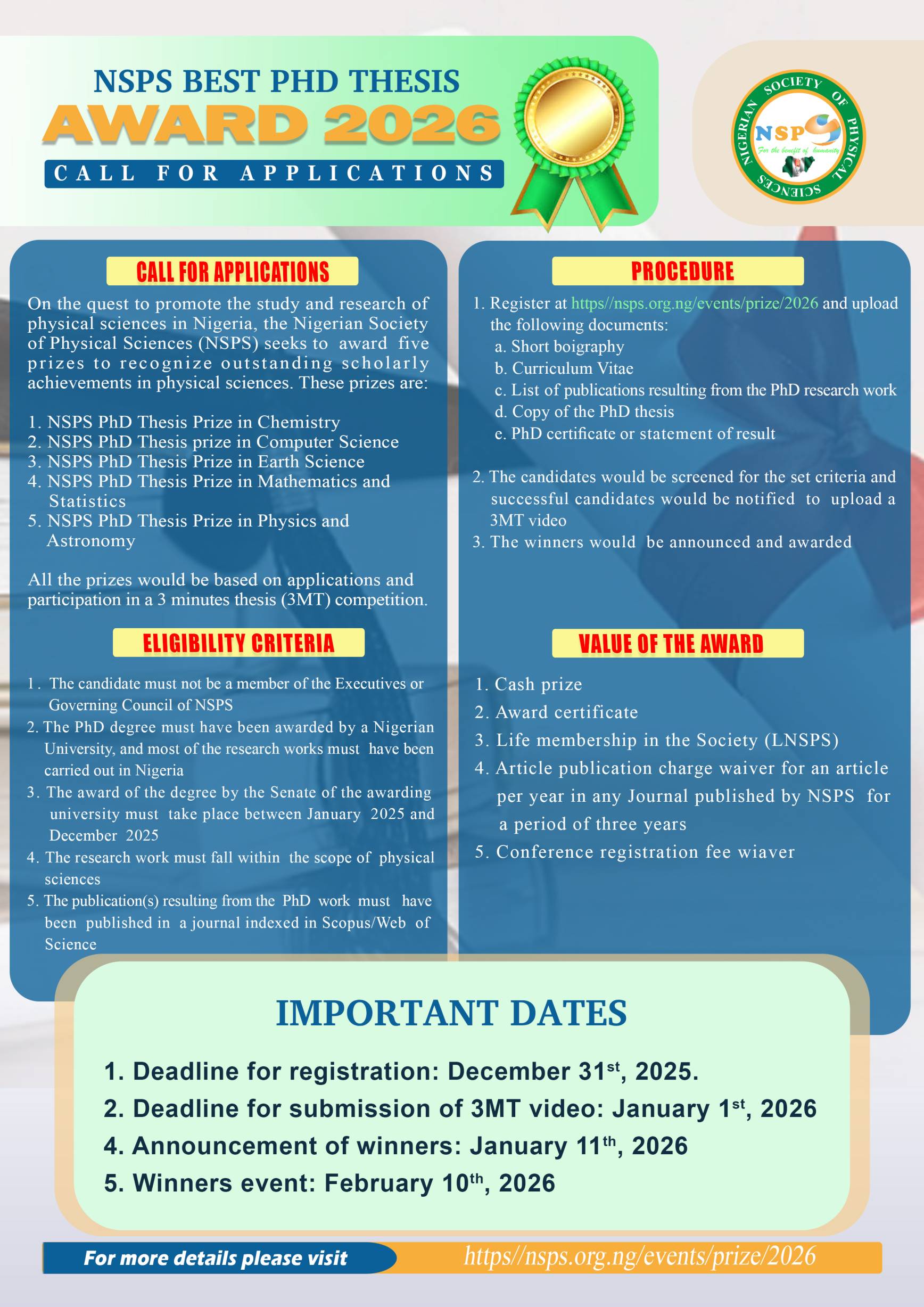Publication Ethics
To ensure that scientific publications are of top quality, get trust of the public in the scientific discoveries and attribute credit to the authors for their work, ethics guidelines are set in place. The following should be avoided
Falsification and fabrication of data:
Data fabrication implies that the researcher didn't actually conduct the study , but instead faked the data. Falsification of data occurs where the researcher has conducted the experiment but made changes to data. Authors of manuscripts or published papers that are discovered to have fabricate or falsified the results which includes manipulation of images, could be punished as well as the publication of their work could be removed.
Plagiarism
It's dishonest and unfair to make use of the work and ideas of scientists and not credit them. Plagiarism occurs when you copy just one word from a manuscript, or from one that was published previously without proper citation. The manuscripts that are copied are rejected. If already published, the publication may need to be retracted or corrected.
Multiple submissions
It isn't acceptable to submit the same manuscript to more than one journal at the same time. It is a waste of time for peer reviewers and editors and could damage the credibility of authors as well as journals. If discovered, sanctions may be imposed on authors whose articles have been submitted simultaneously elsewhere.
Redundant publications:
This is when you publish several similar papers that are built on the same research idea. Your findings are more appealing to RANS if you harmonize them into one complete research paper. Redundant publication in RANS would attract sanctions.
Incorrect author contributions or the attributions of authors:
The author listed must have made a significant scientific contribution to research and must have ratified the research. It is essential to list all authors who have made significant contributions to the research such as students and laboratory technicians. Do not "gift" authorship to someone who did not contribute to the research paper. Your institution could notified and your paper could be rejected if you're found guilty. Submissions made by anyone other than the authors will not be considered.
Modification of the Citation
Sanctions can be imposed against authors whose work contains references that are designed to improve the quantity and quality of citations for authors' works or articles that are published in a particular journal. Editors and reviewers should not request that authors' references be added to increase the number of citations for their work, or that of an associate, to the journal or another journal to whom they are affiliated.
Editors and Reviewers
When they have a recent publication or a current submission or share relationship of any kind with any author, editors and reviewers should decline involvement with such submissions. Also, editors and reviewers are required to disclose it in case they've discussed the manuscript before with authors.
Sanctions
RANS can impose the following sanctions for any journal informed of violations of our ethics guidelines for publication.
- Rejection of the manuscript, as well as all other manuscripts submitted by the author(s).
- Author(s) will not be allowed to submit manuscript for 2 years
- A prohibition to serve as an editor or reviewer will be issued.
In the event of serious ethical violations, the RANS may impose additional sanctions.
Corrections and retractions
If there are any errors in articles published, the publisher will examine the issue and consult with the editors and the institution of the author. Authors can amend their manuscripts to correct mistakes, while errors made from publishers can be corrected by an Erratum. If there is evidence that misconduct took place, it may be necessary to retract the article in accordance with the COPE Retraction Guidelines.
Ethics Policy for Research Involving Human Participants and Animals
Our journal is committed to maintaining the highest ethical standards in all research involving human participants and animals. Researchers are expected to adhere to the following ethical guidelines to ensure the safety, dignity, and well-being of all subjects:
A. Research Involving Human Participants
-
Informed Consent:
Researchers must obtain informed consent from all participants before they are involved in the study. Participants must be fully informed about the study's purpose, procedures, risks, and benefits. Consent should be obtained voluntarily, without any form of coercion or undue influence. -
Anonymity and Confidentiality:
Researchers must protect the privacy of participants by anonymizing or coding personal data to prevent identification. Any disclosure of identifiable information must only occur with explicit consent. Secure storage and restricted access to participant data must be ensured at all times. -
Protection of Participant Rights:
The rights of participants to autonomy, dignity, and privacy must be respected. Researchers should take appropriate measures to minimize any potential harm, discomfort, or risk. Participants must be informed of their right to withdraw from the study at any point without penalty or negative consequences. -
Ethical Review and Approval:
All studies involving human participants must undergo ethical review and receive approval from a recognized ethics review board or institutional review committee prior to the start of the research. Evidence of ethical approval must be provided when submitting the manuscript for publication. -
Reporting of Adverse Events:
Any adverse events or ethical issues that arise during the study must be promptly reported to the appropriate authorities and addressed in a way that ensures participant safety and rights are prioritized.
B. Research Involving Animals
-
Humane Treatment:
All animal research must be conducted in a humane manner, ensuring that the animals are treated with respect and care. Researchers must implement procedures to minimize pain, suffering, or distress and ensure the well-being of the animals throughout the study. -
Ethical Review and Approval:
Any research involving animals must undergo ethical review and be approved by an appropriate animal ethics committee or review board before the research begins. Researchers are required to provide evidence of such approval during manuscript submission. -
Compliance with Animal Welfare Standards:
Researchers must comply with recognized national and international animal welfare guidelines and regulations. These include, but are not limited to, providing adequate housing, nutrition, and care for the animals, as well as ensuring that procedures are performed by trained personnel. -
Replacement, Reduction, and Refinement (3Rs):
Researchers should follow the principles of the 3Rs:- Replacement: Whenever possible, avoid using animals by employing alternative methods.
- Reduction: Use the minimum number of animals required to achieve reliable results.
- Refinement: Modify procedures to minimize harm and improve the welfare of animals used in research.
-
Reporting of Adverse Events:
Any unexpected or adverse outcomes related to animal welfare must be reported to the relevant oversight body and addressed promptly to ensure the humane treatment of animals involved in the research.
By adhering to these ethical guidelines, researchers contribute to the integrity of scientific research while ensuring the protection and respect of human participants and animals involved in their studies.
Investigations
Suspected breaches of our publication ethics policies, either before and after publication, as well as concerns about research ethics, should be reported to Editor-in-Chief ([email protected]) or the President, Nigerian Society of Physical Sciences ([email protected]).







